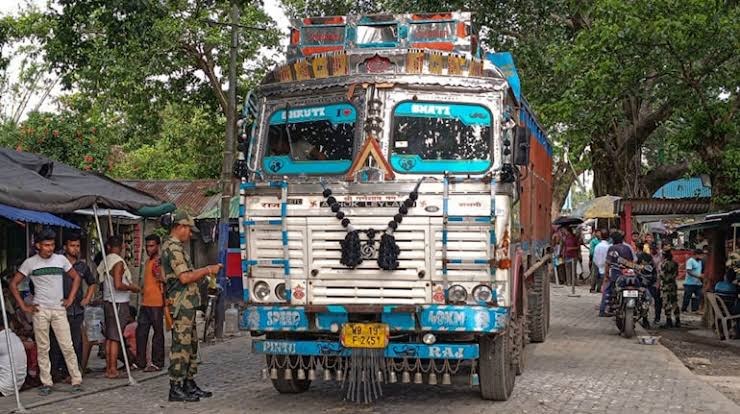The Government of India has recently banned imports from Bangladesh on the land route of readymade textiles, causing tension in business relations between the two countries. Due to this decision, 36 trucks are stuck in ‘No Mans Land’ on the Indo-Bangladesh border with clothes worth about ₹ 5.5 crore. Now these garments will have to be sent by sea route through Kolkata or Nhawa Sheva ports, which will increase both transit time and cost.
About one-third of the readymade garments coming from Bangladesh in India comes from the land route, 76% of which is through the Petrapol Border Outpost. Now these garments will be required to be sent by sea route, which will increase the transit time and will also cost more.
For Indian retailers and global brands, the prices of Bangladeshi textiles seem competitive and economical, so it will not be easy for them to find an alternative supplier. Bangladeshi companies import duty-free textiles from China and get encouragement on exports to India, giving them 10–15% price profit.
This ban is imposed at a time when Bangladesh is strengthening its relations with China, which has caused bitterness in Indo-Bangladesh relations. Experts believe that this step will not only increase commercial costs, but will also deepen tension in trading relations between the two countries.
India’s decision to ban import from Bangladesh from the land route of readymade textiles may have a widespread impact on the trading relations between the two countries. This will not only increase logistic costs, but can also cause obstruction in the supply chain, which is also likely to affect Indian retailers and consumers.










